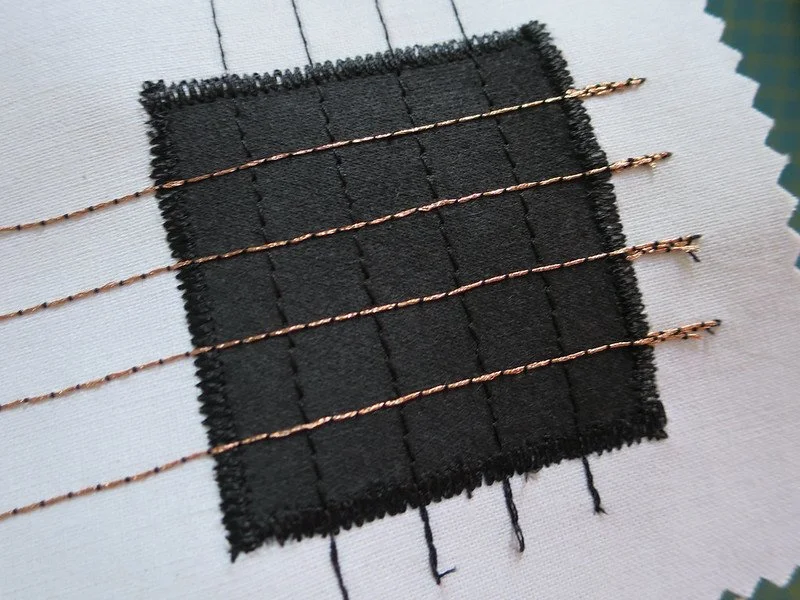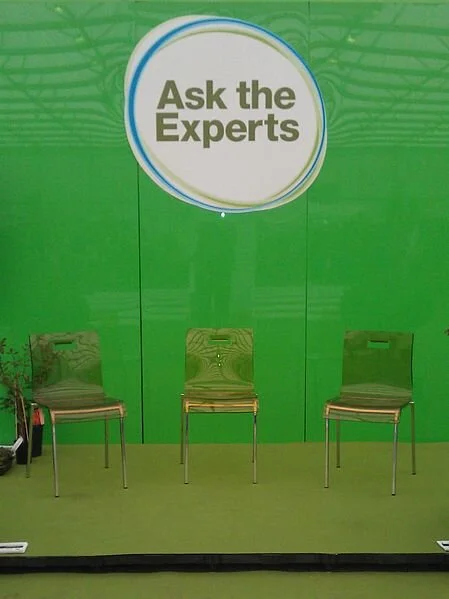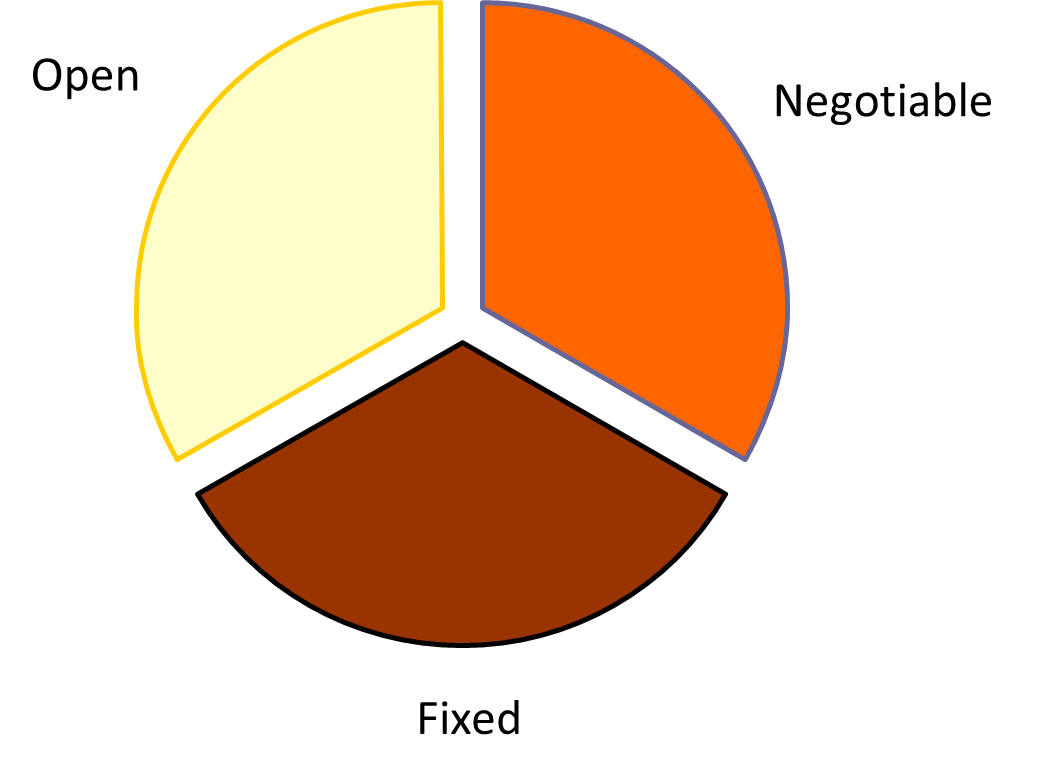I love it when a new piece of work comes in: the excitement of getting to know a new client and group, the creativity in designing a workshop which will fit the ambition and the constraints, deciding what kit to pack… And then there’s the worry and even bad dreams about the many ways it might go wrong, fall flat, peter out, end in chaos and disappointment.
A recent assignment involved a four-day hybrid multi-lingual, multi-time zone workshop based around an organisational assessment survey tool of some 80+ questions. There were many, many ways in which this might go wrong. Amongst our concerns was energy - of the group, and of the four-person facilitation team. As someone asked when I posted about it on LinkedIn, how did we survive and maintain energy?!
Well, we didn’t just survive, we thrived. But it took planning, prep and a willingness to press pause. Let me tell you more.
Signalling roles when you're facilitating
"...and if there's any more [questions or feedback], please come and see one of us in the green t-shirts". How do we make it as easy as possible for participants - and the rest of the facilitation team - to spot us in a crowd?
Farmers who have been taking part in pilots for the new Sustainable Farming Incentive system came together to give feedback to the Defra team. This was a classic consultation event: no decisions were being made in the room. Instead, the client organisation wanted to harvest as much detail about what's working and what's not. So there were facilitators on every table and lots of worksheets for people to record their feedback on. The 'green t-shirts' are referenced at 5.15 on this video. Well done to the team from Sheffield University who ran these pilot learning events.
12+ insights about hybrid meetings on a shoestring
ORID
Here is a summary of the ORID focused conversation method, as described in Change Management for Sustainable Development.
A matrix to have up your sleeve
Experts in deliberation
One of the distinguishing features of deliberative processes (e.g. Citizens' Juries, Citizens' Assemblies and other similar dialogue processes where the participants are 'mini publics') is the use of 'experts'. Who chooses them? What role do they play? If you haven't had enough of experts, read on...
Using pen portraits and fictional situations
What shall we bring with us, into the new normal?
Putting a face-to-face climate research event online
How can we make our online events more beautiful?
When we set up 'real' rooms for participants, we use flowers, music, posters, objects, room layout and pay attention to countless little details, to create a beautiful, welcoming space which says "you matter" to participants. How can we do this online? Twenty facilitators, trainers, coaches and others joined a workshop to share ideas.
She is Still (virtually) Sustainable - moving an event online
Covid-19 and your meetings
Carousel technique - one for your toolbox
Carousel is a great technique when you would like a group's discussions to benefit from the time-efficiency and increased air-time of small group 'parallel processing' while also having the opportunity to build on each others' ideas. It has a few more moving parts than some techniques, so here's some detailed guidance…
101 uses for a paperclip
We needed a quick creative exercise which would inject some light-hearted improvisational spirit into a large group who didn’t know each other very well yet. We had a few minutes before asking them to work in table groups to generate a long-list of ideas for solving a complex environmental and health problem. We wanted to give them some practice of letting go of the need to find quality and embrace quantity!
We didn’t have a lot of equipment or space, so we made up "101 uses for a paperclip".
A postcard to my future self
What is a Citizens' Assembly?
Citizens’ Assemblies are having a bit of a moment in the UK, with Extinction Rebellion calling for them, and national governments, parliaments and local authorities commissioning them on subjects including the future of social care, air quality, transport and climate change. But what exactly is a Citizens’ Assembly?
5 Useful Tips to Work with Interpreters (and Translators) in a Multilingual Event
In this day and age, with the advent of globalisation, events attended by international audiences are commonplace. In such situations, organisers may need to hire professionals who will provide translation services. Guest post from Deborah Chobanian advises us on how to get the best from interpreters at an event.
Guiding a group through the adventure forest
One of the most helpful things a facilitator does, is to transform how groups feel about the messy, sticky, unfocused middle of meetings. Facilitators often call this the ‘groan zone’. The phase of a meeting when conversations go a bit random, and it feels as if no progress is being made.
But what if we reframe the groan zone: if we help groups explore and appreciate the wonders of the ‘adventure forest’?


















